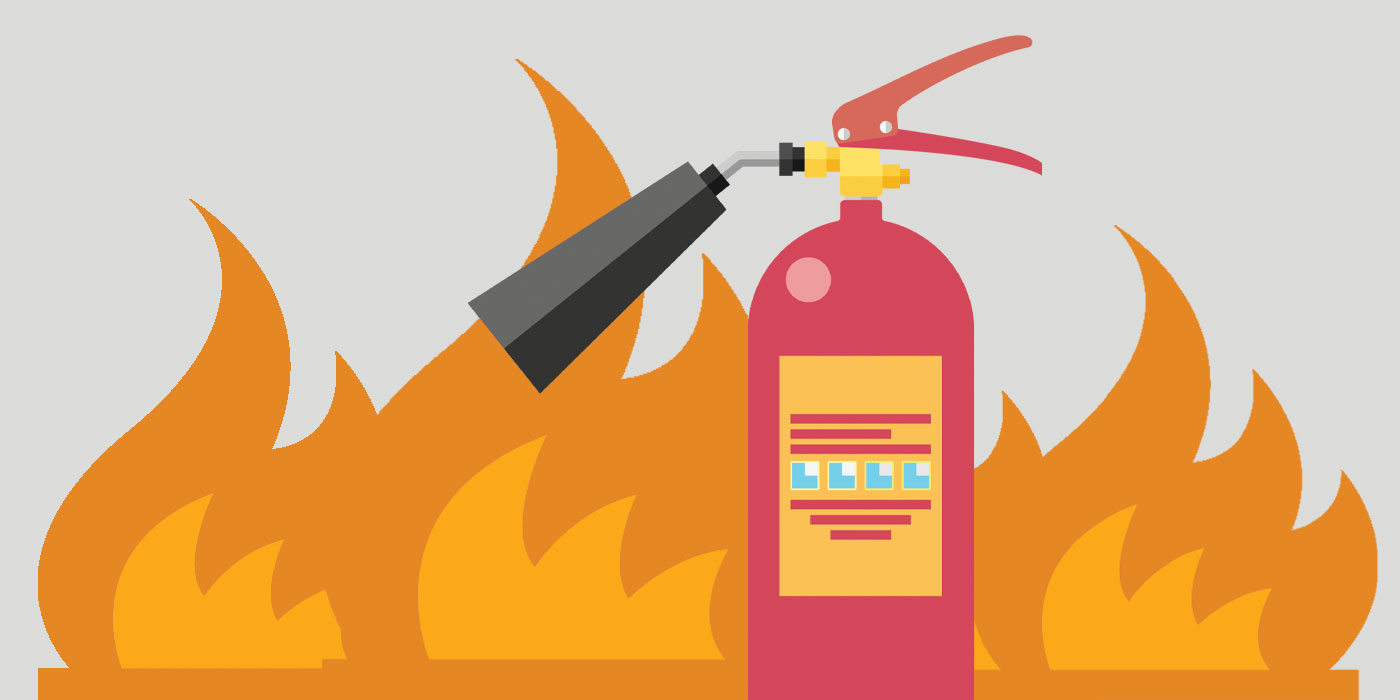Every business in Sydney it is essential to ensure that fire protection is not only legally required, it’s essential to keep employees, customers, and property protected. A fire can cause catastrophic losses in minutes, but the risks involved can be minimized or avoided with the proper security measures put in place. Regular fire inspections, periodic examination of electrical systems as well as conformity with CFSP standards all help to create a safe environment.

What is the reason for fire Inspections Are the Foundation of Safety
Fire inspections are the very first line of defense against dangers. Inspections ensure that each part of a building’s protection system is functional and up to date. In Sydney the business must conduct inspections at least every six months, or every year, according to the type of building and local regulations. Inspections may cover everything from sprinklers to fire alarm systems to smoke detectors, hydrants, and extinguishers.
Inspections are crucial because they can detect unnoticed problems prior to them becoming dangerous. In the event of an emergency tiny flaw on a smoke detector, or an unreliable fire hydrant could appear insignificant. Business owners who regularly inspect their fire hydrants are fulfilling the legal requirements, while taking precautions against unexpected disasters.
Test and Tag Test and Tag: Resolving Hidden Electric Risks
Electrical systems can be a major cause of workplace fires. Testing and tagging is thus an essential part of an overall plan to ensure safety from fire. The process includes checking electrical equipment for safety, function and conformity, before attaching a tag to indicate that the item has been inspected. For a lot of businesses, this is more than just a regular requirement it’s a protection against dangers that usually go under the radar.
If not checked older wiring, malfunctioning appliances, or worn-out cables could become a fire risk. By carrying out regular testing and tagging, companies reduce the possibility of electrical issues that could cause fires. This builds trust and confidence in employees, as they are assured that their workplace is safe. Together with fire inspections and testing, this extensive safety strategy minimizes risk from multiple perspectives.
The job of CFSP in ensuring compliance and Certification
Only a Competent Fire Safety Professional (CFSP), who is based in New South Wales, can confirm and sign crucial documents pertaining to fire safety such as Annual Fire Safety Statements. The introduction of CFSP accreditation has raised the bar for fire safety by ensuring that only experts with qualifications assess and validate safety measures. For those who work with a CFSP inspections and reports won’t be just a routine document, but rather a reliable evaluation carried out by experts.
The role of a CFSP is more than just checking boxes. They evaluate the effectiveness and condition of fire safety systems and prepare comprehensive report. They also verify compliance with regulatory requirements. Without CFSP certification, companies risk fines, legal complications, and even closure if fire protection measures are found to be inadequate. If you work with professionals certified in fire safety, it is possible to assure that your systems are kept in good order. Additionally, you will be able to fulfill the requirements of compliance without putting yourself under stress.
Fire Safety as an Ongoing Security Commitment
The safety of your fire system is an ongoing obligation for every business owner. The cycle of safety will never end with regular inspections, examining electrical systems regularly, and then certifying under CFSP supervision. Beyond the legal requirements This continuous process helps create a culture of safety within the workplace. Employees are reassured that clear evacuation procedures are in place and smoke alarms work and emergency lighting is tested, and fire suppression systems are in place for use.
Treating fire safety as a continuous process rather than a yearly checkbox not only reduces risks but also strengthens a business’s reputation. If safety is a priority, clients and customers are assured of their safety. A proactive, long-term approach to protection against fire can save cash by avoiding costly damage and legal disputes, as well as fines. It also safeguards everyone in the structure.
Conclusion
Sydney fire safety requires an approach that is multilayered, which includes fire inspections, testing, tagging and certification by a CFSP. Each element is essential to ensure that businesses are in compliance with the rules, and most importantly, that property and people are secured. Safety is a constant part of every business’s operations and is not a secondary consideration. Businesses can meet their legal obligations and build a more durable and safer environment for the future when safety is a fundamental part of the daily routine.
